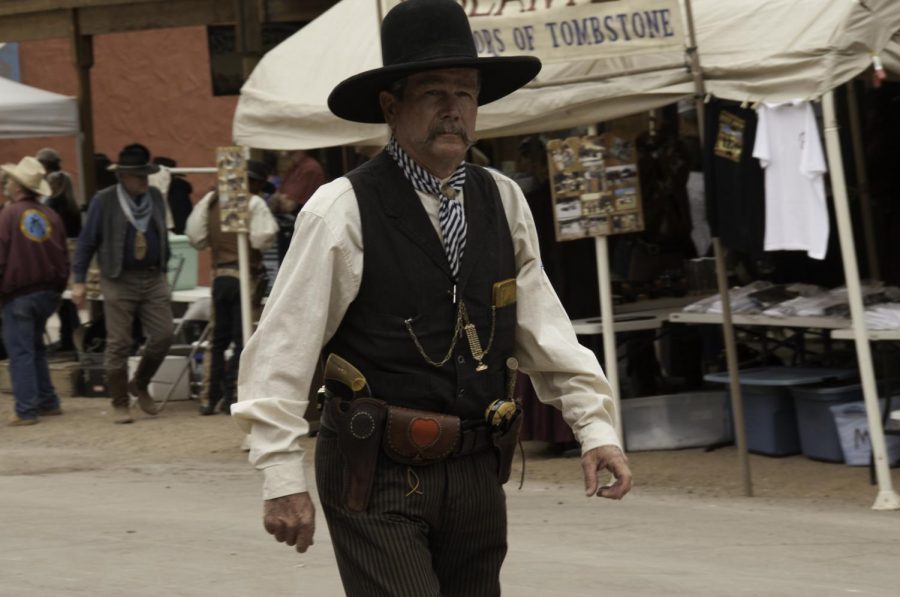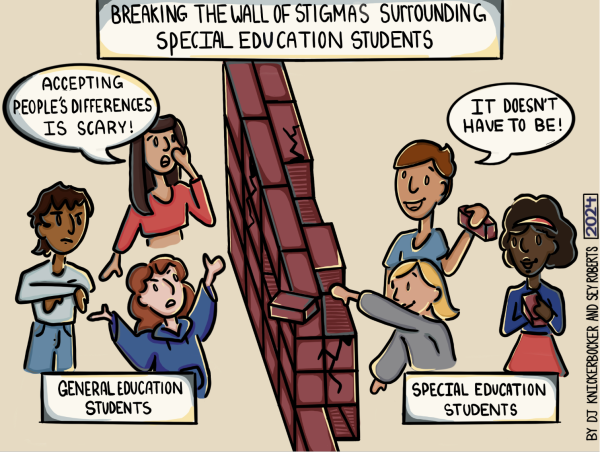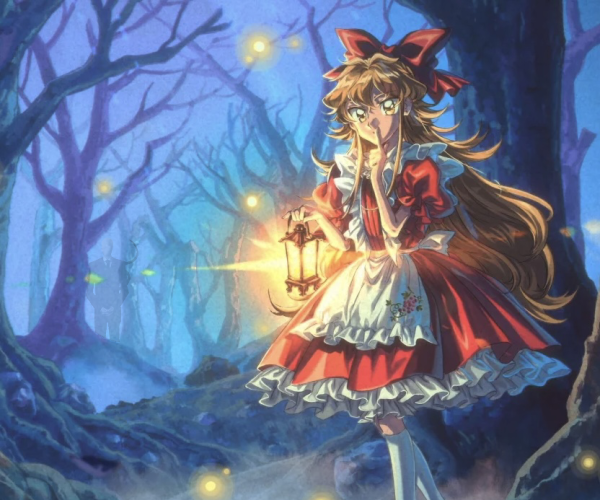What is a Vigilante?
May 22, 2019
The Vigilante Parade was a couple of weeks ago, but the term “vigilante’ has been on my mind ever since. Although this term has a negative connotation, in Montana we seem to celebrate it. In Helena specifically, we have “Vigilante Stadium,” “Vigilante Day,” and even the new East Helena High School’s mascot is a Vigilante.
In general, vigilantism can be a single person or group of people who use violence or threaten violence to enforce values when the government does not. In simpler terms, it’s people who “take law enforcement matters into their own hands.” Nowadays, vigilantism refers to “extra-judicial self-help,” and is commonly associated with vengeance. Although vigilantism found fertile ground in the United States during early colonial times, the actions and public attitude associated with the word “vigilante” have shifted greatly since the 1800’s. The question is: Is it time for Helena to shift away from this word too?
The history of vigilante justice in Montana began around 1863. It is safe to say that vigilantism arose due to law enforcement having little to no power during this time period. Although it is necessary for an effective type of government to exist within a region, the type of vigilantism that controlled much of Montana caused very dark times for citizens. This extreme type of vigilantism caused situations in which aggressive mobs abducted prisoners from authorities and savagely beat them only to lynch them after they had already reached a fatal condition. Sadly, this became a hobby for a lot of people. Old-fashioned postcards display proud participants of the western expansion, including children, dressing up in their best clothing to watch and celebrate public torturing and lynching.
It’s the “eye for an eye and tooth for a tooth” mentality. And this mindset is held by many in our society today. I hope most of society takes this phrase with a grain of salt.
Yes, vigilantism is arguably the most interesting part of Montana’s history. But we’re talking about a blood bath here, war on innocent people. Looking at it this way, is it ethical to celebrate such cruelty within our community?
I think vigilantism was often negative; I believe sometimes it can be justified, but most importantly, people must understand what they’re talking about when they throw around the term “vigilante.”













